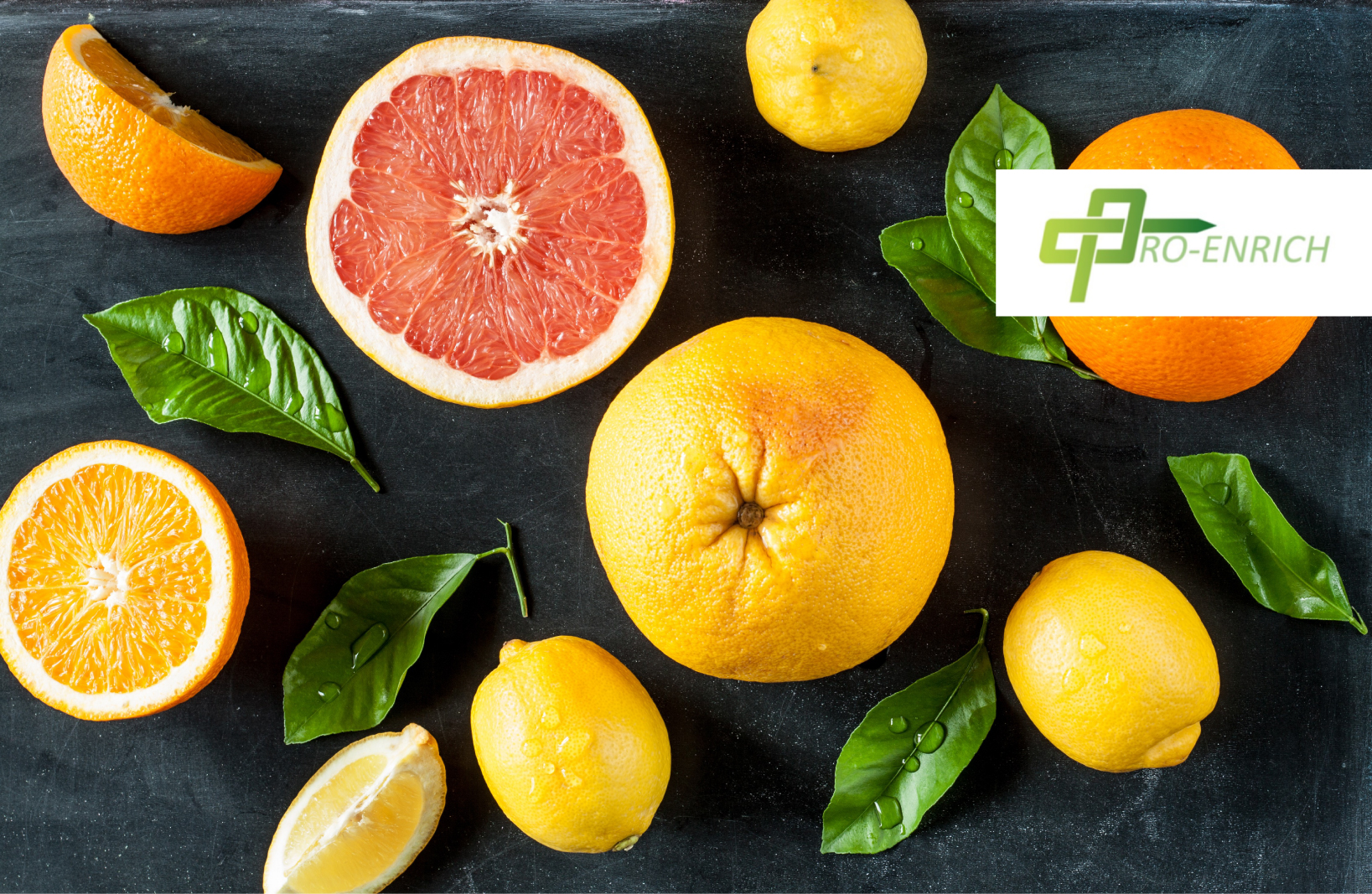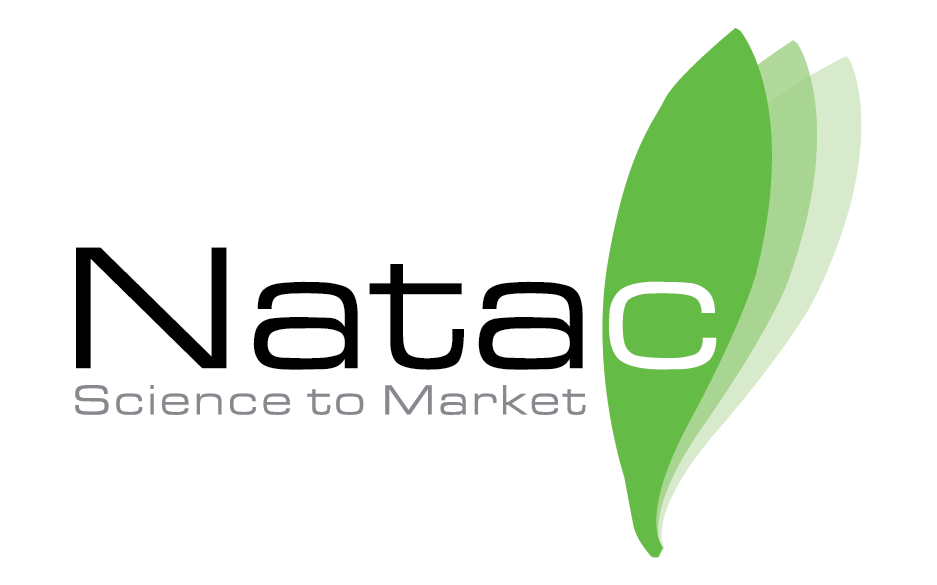Spanish companies are working on ways to make use of by-products from the citrus industry
Citrus fruits include oranges, tangerines, lemons and grapefruit and include various fruits and varieties. They are permanent plantations capable of adapting to different climates and are remarkably important worldwide. Their consumption and production worldwide has undergone a period of enormous growth in recent years. As a consequence, the production of these fruits has grown rapidly and has meant that the total consumption of citrus fruits per capita has increased.
However, the rapid expansion of production and the slow increase in demand at certain times of the year has also generated an increase in residue, mainly from fruit that does not reach the consumer. This residue, together with that from the by-products of the processing industry, mainly juice, has caused an enormous environmental impact.
One of the objectives of the Pro-Enrich project (grant agreement 792050) is the development of biorefineries capable of processing by-products derived from the production and processing of citrus fruits. Currently, through the optimization of existing technologies of biomass fractionation (organic matter that can be harnessed) and the development of new approaches to the extraction of bioactive compounds, the isolation and purification of compounds from citrus fruits, mainly oranges, such as flavonoids (hesperidin), is being carried out.
Part of the selected biomass is composed of fresh whole pieces that are discarded. The other large part is peel from the juice industry. Today, the final products being developed in the project are mainly composed of citrus fruit peel extract with an approximate hesperidin content of 50-60%.
These products are used in several sectors (human food, animal nutrition, cosmetics, nutraceuticals, and adhesives), they contribute to the development of solutions to the environmental challenge of citrus fruit residue, and respond to market demand for this type of ingredient.
Several European entities participate in the Pro-Enrich project. In Spain, two of the entities participating in citrus biorefinery are Natac and the cooperative ANECOOP.
Natac is a Spanish biotechnology-based company specializing in the research, development and marketing of natural ingredients of plant origin. Its involvement as a partner in the Pro-Enrich project focuses on the recovery of by-products from the citrus industry, through the development of high-value bioactive ingredients. Natac identifies the specific needs of the market and develops a range of products based on consumer needs.
ANECOOP, one of the world’s leading citrus fruit exporters and the leading fruit and vegetable company in the Mediterranean, is also a partner in the Pro-Enrich project. Specifically, it is the main supplier of biomass from citrus fruits for the project.
The Pro-Enrich project has been funded by the Bio-Biobased Industries Joint Undertaling (BBI JU) in the framework of the European Union’s Horizon 2020 research and innovation program through call H2020-BBI-JTI-2017.




